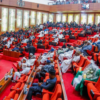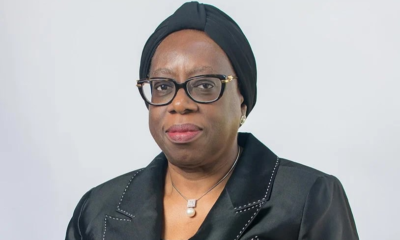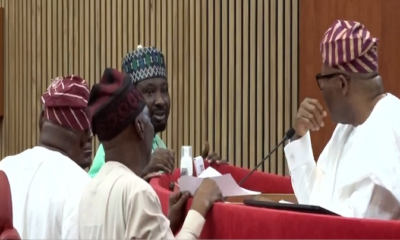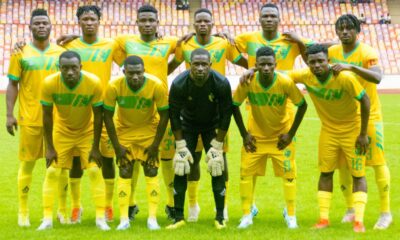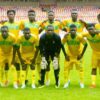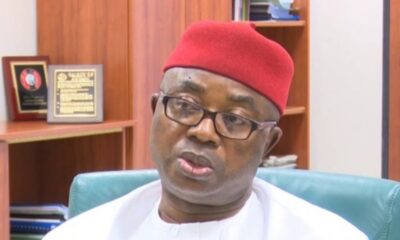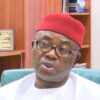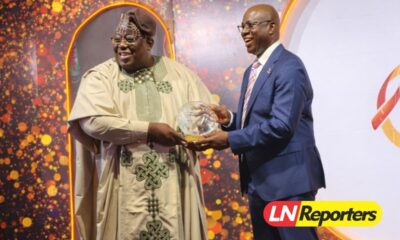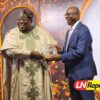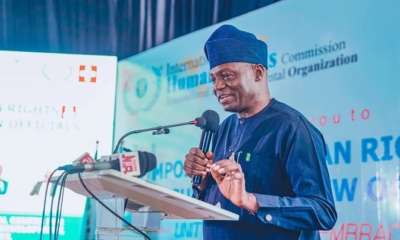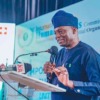Local News
Musk Announces $16.5 Billion Chip Supply Deal Between Tesla and Samsung Electronics

Tesla CEO Elon Musk on Monday confirmed a $16.5 billion chip supply agreement with Samsung Electronics, solidifying a long-term partnership expected to enhance the South Korean company’s struggling foundry business.
“Samsung’s giant new Texas fab will be dedicated to making Tesla’s next-generation AI6 chip. The strategic importance of this is hard to overstate,” Musk said in a post on X.
The announcement sent Samsung shares climbing more than 4 percent. While Samsung had earlier disclosed the deal without naming Tesla, citing the client’s request for confidentiality, three sources familiar with the matter confirmed to Reuters that Tesla was indeed the customer.
Musk indicated the chips would be manufactured at Samsung’s upcoming plant in Taylor, Texas—a facility that has faced delays amid concerns about the company’s ability to retain major clients. “Samsung agreed to allow Tesla to assist in maximizing manufacturing efficiency. This is a critical point, as I will walk the line personally to accelerate the pace of progress. And the fab is conveniently located not far from my house,” Musk added.
The agreement, which runs through the end of 2033, arrives at a crucial time for Samsung. The tech giant has fallen behind rivals like TSMC and SK Hynix in the race to produce high-performance chips for artificial intelligence, a gap that has weighed heavily on profits and investor confidence.
Pak Yuak, an analyst at Kiwoom Securities, noted that Samsung’s foundry business likely recorded losses exceeding 5 trillion won ($3.63 billion) in the first half of the year. Analysts say regaining ground with major clients like Tesla could ease those losses and improve the division’s competitiveness.
Samsung, the world’s leading memory chip manufacturer, also operates a contract chip-making business, producing logic chips designed by clients. However, it has seen several of its key clients defect to TSMC, which serves major players such as Apple, Nvidia, and Qualcomm.
Though Samsung is aiming to boost production yields for its latest 2-nanometer technology, the Tesla order is not expected to involve the cutting-edge tech, according to BNK Investment & Securities analyst Lee Min-hee.
Beyond business implications, the deal could hold strategic importance for South Korea, which is actively seeking US partnerships in key sectors such as semiconductors and shipbuilding. The move also comes amid Seoul’s ongoing negotiations to avert potential 25% US tariffs on certain exports.


